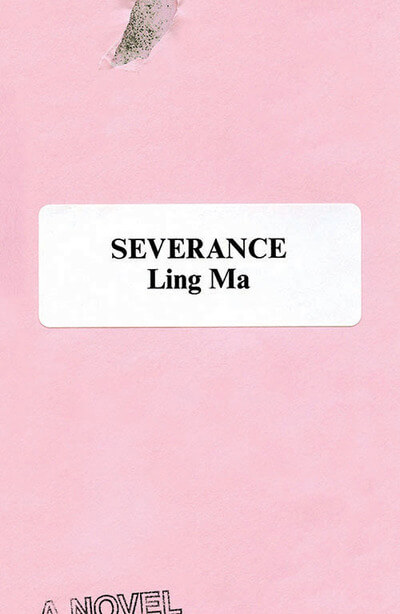As a lesbian in the 1920s, Miss Dara knows a thing or two about being an outcast. When she falls in love with her best friend, Dara runs from her hometown and everything she knows to work as a kitchen girl at the Imperial State Prison Farm in Sugar Land, Texas.
Dara works herself to the bone, befriending a black inmate named Huddie Ledbetter, nicknamed Lead Belly, the soon-to-be famous singer who sings his way to a pardon. Dara lives a lonely life, dodging the aggression of the head cook and burning all the letters from her former lover. Then one day, she receives a marriage proposal from the warden. She decides to settle down with him, despite her heart’s true urgings.
Dara learns to enjoy domesticity and connects with the warden’s two daughters as they grow up. When the warden dies, Dara and her stepdaughters grieve in their own ways. Dara spirals into depression. She binge eats, gains weight and continues to repress her true desire—to be with a woman.
With a lively sense of humor and a great sense of place, tammy lynne stoner’s debut is a Southern novel from a voice that rings true. As Dara navigates these difficult circumstances, she realizes she’s constructed a prison around herself, keeping everyone out. With the help of her stepdaughters, one of whom dresses and presents herself as a man, Dara reclaims her life and comes out to her family.
A novel of exploration, bravery and redemption, with keen insight into race, class, gender identity and social norms, Sugar Land is the story of a woman learning to come home to herself.
This article was originally published in the November 2018 issue of BookPage. Download the entire issue for the Kindle or Nook.



























